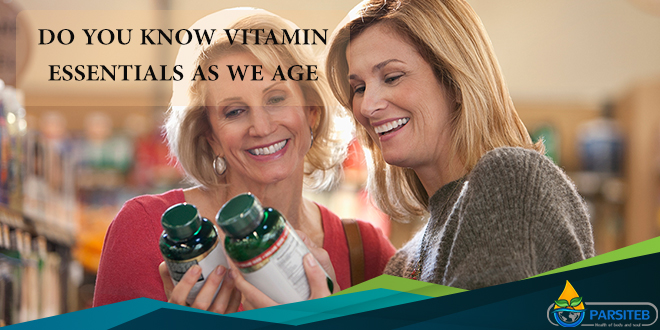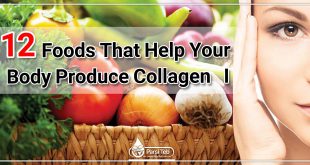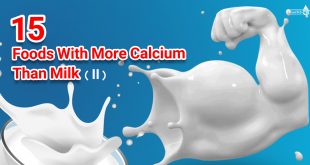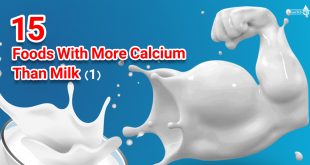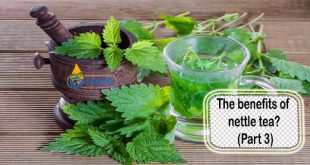Aging: As the body grows older, it does not work like a young age. Reducing muscle mass, weight gain, the risk of developing chronic diseases such as cancer, heart disease and diabetes. So, to prevent and cure these problems, the diet should be slightly changed.
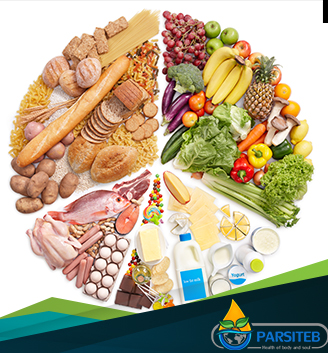
Healthy diet
The best way to get the vitamins, minerals, and other nutrients you need is from food.
Food sources work much better than vitamin supplements because they are better absorbed by the body.
In this article, we will provide you with the vitamins needed at the time of aging and the best sources for them, so coming with us.
A good, balanced diet of fruits and vegetables, low-fat dairy, lots of liquids, healthy oils, and good proteins are our daily needs.
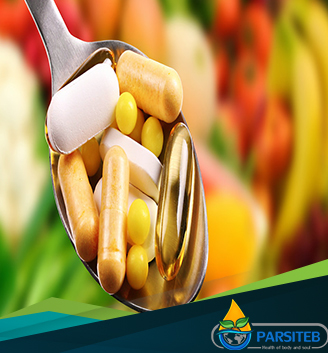
Lack of healthy diet many older adults, many reasons like:
- Lack of appetite
- Trouble chewing
- Fixed budgets
- Trouble finding healthy foods
How do vitamins help you?
Older and adults need different vitamins and minerals.
For example, the appropriate amount of calcium can help reduce osteoporosis in women.
For example, the appropriate amount of calcium can help reduce osteoporosis in women.
It also prevents bone loss in the elderly.
Before you buy supplements, it’s important to know that the term “supplements” includes not only vitamins and minerals, but also medicinal plants, amino acids, enzymes and more. Some special products like probiotic or fish oil also contain supplements.
What vitamins do we need?
Calcium
There really should be no reason that people should be calcium deficient,” says Angel Planells, a dietitian from Seattle. Known for the role it plays in making your bones stronger, calcium is found in dairy products like milk and yogurt. Women — especially those who are likely to have osteoporosis — may think about taking calcium supplements. But talk to your doctor first.

Vitamin D
This nutrient, made by the body from sunshine, helps you take in calcium and phosphorus, so it’s key for healthy bones and teeth. Older adults don’t make it as well, so supplements can help make you less likely to have bone loss and broken bones.
Aging: Vitamin B12
This is important for keeping blood cells and nerve cells healthy. Aging affects how well you take in and use B12 from foods, so if you’re over 50, it’s probably best to get your B12 from supplements and B12-fortified foods like cereals, as well as foods that are rich in it, like meat, low-fat dairy, and fish.
Folate
This helps prevent anemia. Spinach, beans, peas, oranges, fortified cereals, and enriched breads can have it.
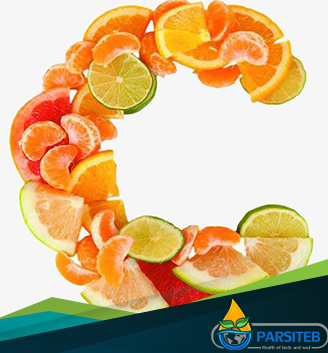
Vitamin C
Oranges, right? (And red and green bell peppers, along with other vegetables and fruits.) It may help protect you from cataracts, help wound healing, and possibly lower your odds of having certain kinds of cancer.
And here are some popular items you can find in the supplements aisle that you might talk with your doctor about:

Aging: Probiotics
Gut health is also very important for your immune system. Some studies show that probiotics — living organisms like those found in yogurt — help prevent some types of diarrhea and ease symptoms of irritable bowel syndrome.
Coenzyme Q10
Also called coQ10, this is made naturally in your body and found in most body tissues. It may help your immune system work better.
Aging: Melatonin
A hormone released mostly at night, it’s believed to help you fall asleep. The science on it is promising.

Fish oil
The American Heart Association recommends at least two servings a week of salmon and other types of fish with omega-3 fatty acids. In supplement form, though, no studies have shown that it protects against heart disease. Omega-3s also may help with symptoms of rheumatoid arthritis.
Reference: WebMD
Collected by: Dr. afsaneh Amin Ghafouri
 Parsi Teb Physical and Mental Health Journal
Parsi Teb Physical and Mental Health Journal 